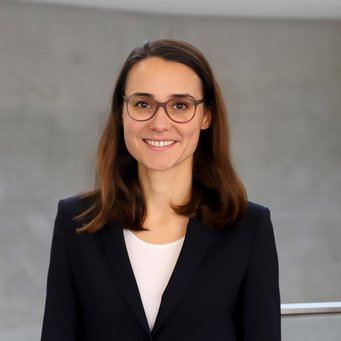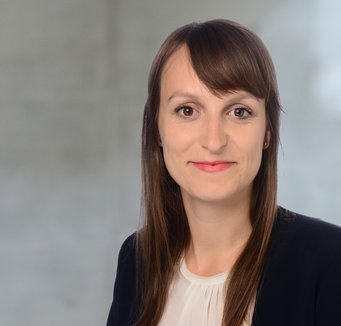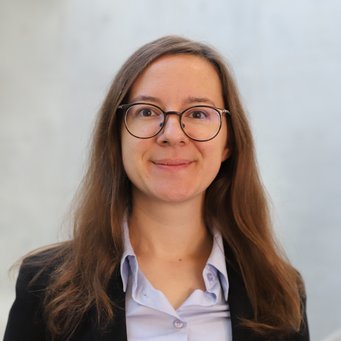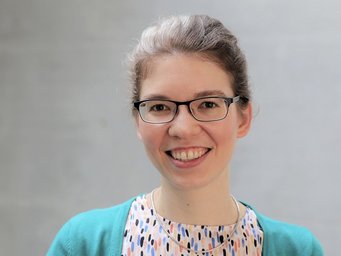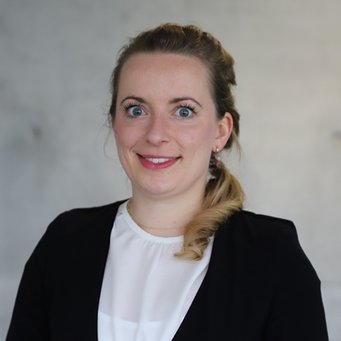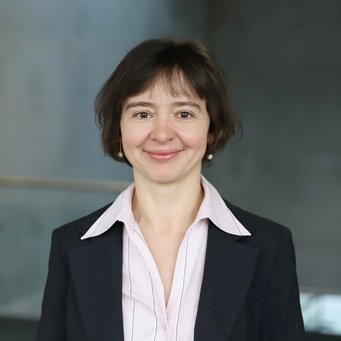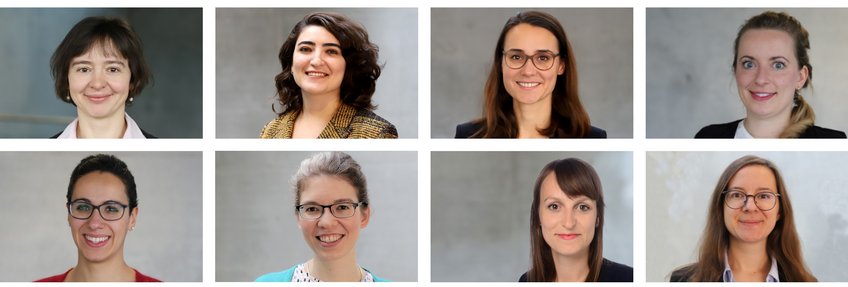
Women in the field of law
What intrigues our researchers?
Public welfare obligations of companies, the effects of the digital revolution on private law, forest investments in Latin America: the research projects of female scholars at the Max Planck Institute for Comparative and International Private Law cover a wide range of topics. On the occasion of International Women's Day, eight researchers describe the projects that are particularly close to their hearts.
Julia Tittel
Research Associate
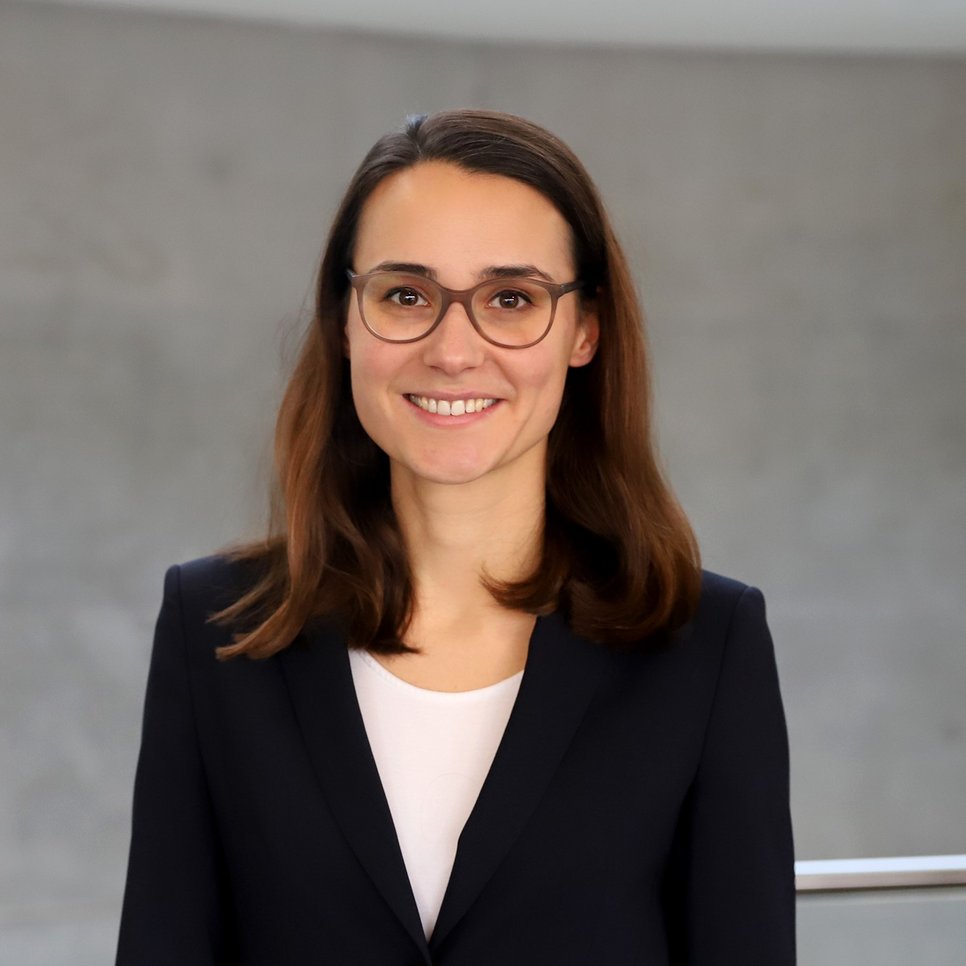
In my dissertation, I focus on companies that not only generate profits but also want to promote the common good. Just as more and more consumers make their purchases based on the ecological or social impact of a product, and as ever more employees choose their workplace based on its compatibility with their own environmental and social values, firms and entrepreneurs are increasingly concerned with the ecological and social effects of their business activities. For some, this extends to a readiness to commit themselves to actively promoting the common good and even foregoing a portion of their profits. My current research investigates whether the legislature should introduce new regulations for such companies or whether the existing company law regulations are sufficient.
»Profile page Julia Tittel
Shéhérazade Elyazidi
Research Associate
In my doctoral thesis I examine the role of family law in the nation-building process ongoing in the Kurdish areas of Iraq and Syria. With the term “nation building”, I specifically mean the process of reinterpreting national identities. The dissertation project is an interdisciplinary investigation at the crossroads of the social sciences and the law, thus simultaneously drawing on structuralist and poststructuralist approaches to the concept of a nation while conducting a theoretical analysis of family law regimes. In considering the family law regulations applicable in the Kurdish areas, the dissertation project focuses on a system of rules that has not yet been systematically analysed.
» Profile page Shéhérazade Elyazidi
Antonia Sommerfeld
Research Associate
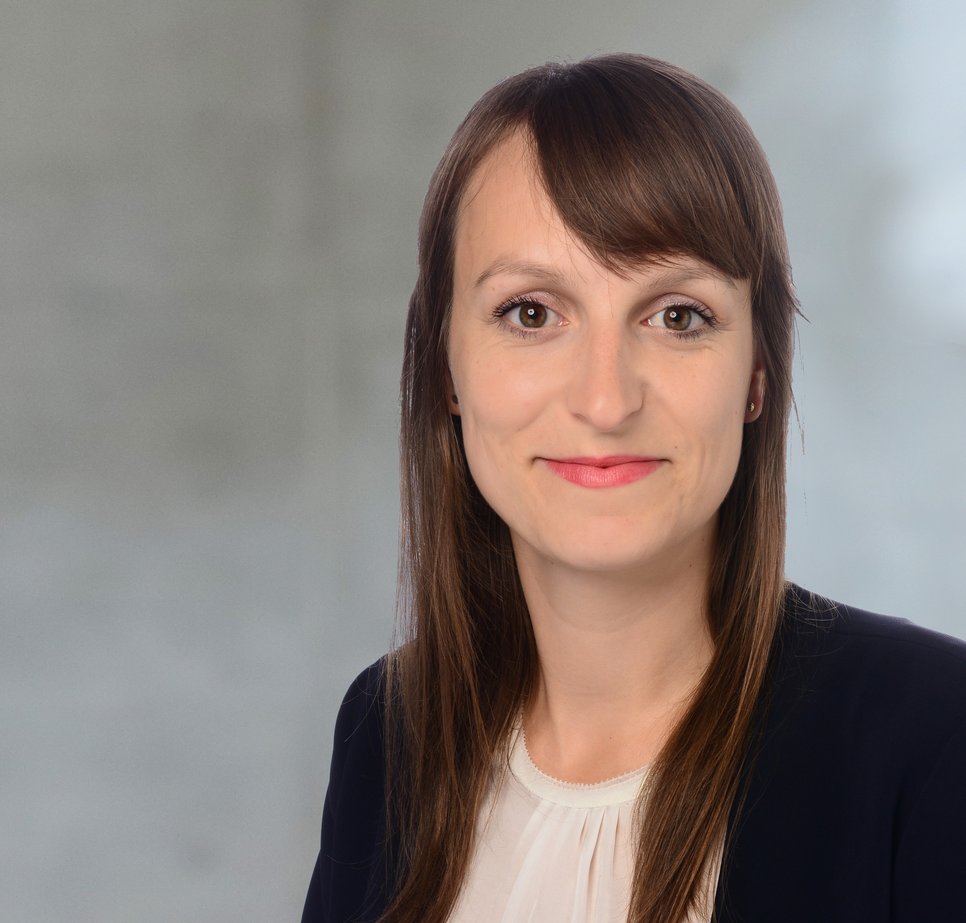
What influence does the evasion of law by businesses into foreign legal systems have on reform considerations of the German legislature? My work examines this question with regard to the German law on standard form contracts (Recht der allgemeinen Geschäftsbedingungen/AGB-Recht) in business transactions. The German law on standard form contracts is currently harshly criticised for being too strict in comparison to other legal systems and for not satisfying the needs of commercial practice. The alleged consequence is that it therefore incentivises German businesses to evade German contract law by choice of foreign law (and forum). This argument of a risk of legal evasion is particularly emphasised as a reason for liberalisation of the German law on standard form contracts. However, the significance and effects of such a dynamic have not yet been analysed in detail. The extent to which legal evasion in fact occurs and is possible, whether legal evasion is indeed caused by the German law on standard form contracts and to what extent businesses’ preferred “legal flight destinations” are ultimately more liberal, remain largely unanswered in the debate. And what this finally all means in consequence for the design of the German law on standard form contracts has not yet been analysed. However, before the German legislator liberalises the law on standard form contracts – an area of core relevance for commercial law – and thereby possibly eliminates important protection for small or medium-sized enterprises (SMEs) in Germany, the significance of legal evasion should be examined. My work takes on this task.
» Profile page Antonia Sommerfeld
Jennifer Trinks
Senior Research Fellow
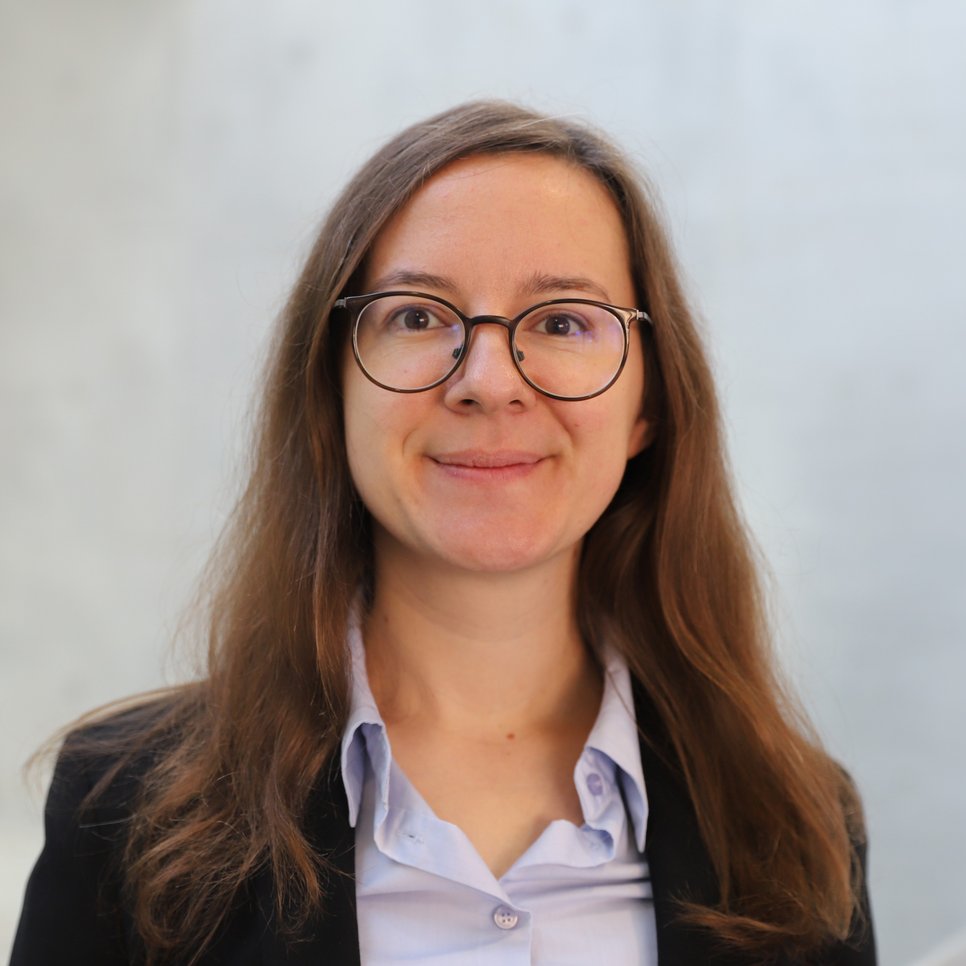
One project that I am currently working on concerns surety law. Guarantors undertake to pay someone else's debts if the latter individual is not in a position to do so him- or herself. Such an assurance is often without consequence – but sometimes it can ruin the guarantor. Guarantors will underestimate the risks involved for various reasons. Some countries have therefore introduced special regulations that aim in particular to protect consumers from ruinous guarantee obligations. It is these provisions that I am examining and comparing. In doing so, I would like to assess the impact and performance of these various regulations and query whether it would be advisable to introduce similar regulations into German law.
» Profile page Jennifer Trinks
Ruth Effinowicz
Senior Research Fellow, Head of the Centre of Expertise on Japan
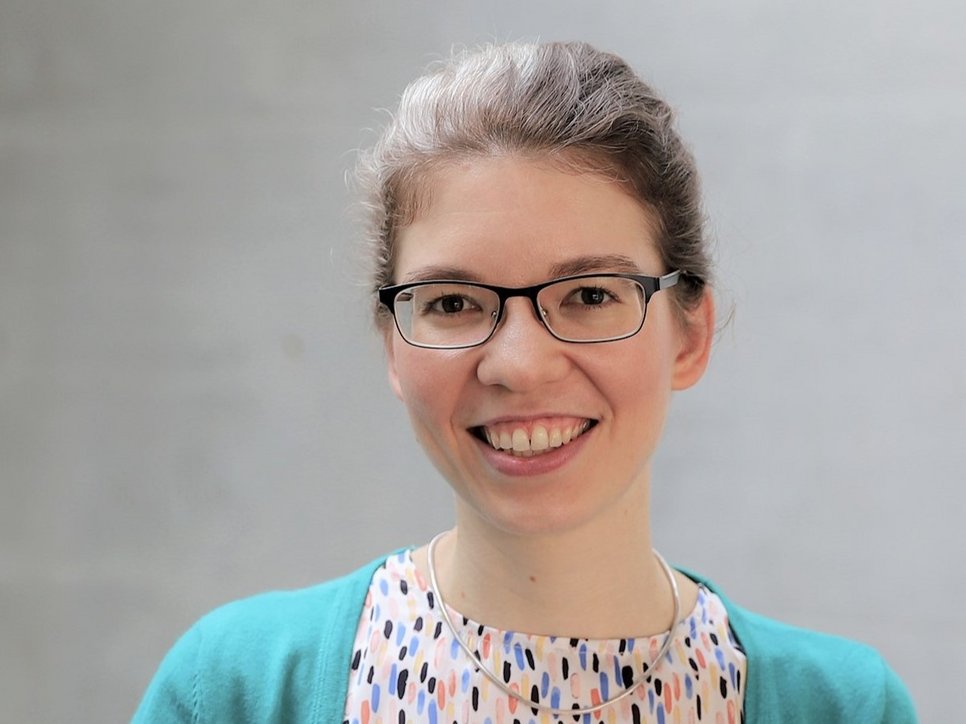
One of the focal points of my research is the interpretation of Japanese Constitution, a text which has remained completely unchanged for 75 years. The significance of interpretation becomes particularly apparent when considering Article 9: Although the wording of the provision strictly renounces war and war potential, Japan regularly ranks among the ten countries with the highest military spending. It is only through a sophisticated and constantly evolving interpretation of the Constitution that one can reconcile the wording and reality as well as constitutional requirements, societal identification with the principle of peace and political will. Research on this question helps to explain the interaction between politics, society and law in Japan.
» Profile page Ruth Effinowicz
Denise Wiedemann
Senior Research Fellow, Head of the Centre of Expertise on Latin America

Forest investments in Latin America are the subject of one of my research projects. For some years now, agricultural land and forested areas have increasingly gained attention in society as a target of ethical and ecological investments. German citizens too are – with steadily growing frequency – financing (foreign) forest projects, thereby looking to engage in sustainable investment and at the same time achieve the highest possible return. Certain regions of Latin America with their rich stocks of tropical timber are the focus of many investment projects. The investment objects, however, are mostly monoculture plots that, while amenable to efficient management, are anything but sustainable. The environmental damage inflicted on soil and water quality as a result of single purpose economic management is today becoming ever more obvious. The aim of the research project is to study direct forest investments with regard to their legal implementation, their legal risks and the possibilities of more sustainable forest management.
» Profile page Denise Wiedemann
Biset Sena Güneş
Senior Research Fellow

My current area of research, being carried out as my doctoral thesis, is private international law on successions upon death, namely a comparative study of the European Succession Regulation and Turkish private international law . The death of an individual represents an admittedly sad event in our lives but it is a reality and one that often also entails succession issues. Since many Turks live in European countries, problems often arise that relate to both European law and Turkish law. For instance, where a Turkish citizen dies in an EU Member State and the decedent possesses property in Turkey as well as in the Member State where he or she deceased, succession matters in the EU country are resolved according to the European Succession Regulation, while issues in Turkey are to be solved according to the rules on private international law. In such a case, legal problems regarding the applicable law and jurisdiction may arise due to the fact that Turkey and EU Member States have different rules. This may mean, however, that different decisions are reached in the same case. In my research project, I extensively examine such conflicts in terms of the applicable law and jurisdiction with the aim of developing practical Solutions.
Elena Dubovitskaya
Senior Research Fellow
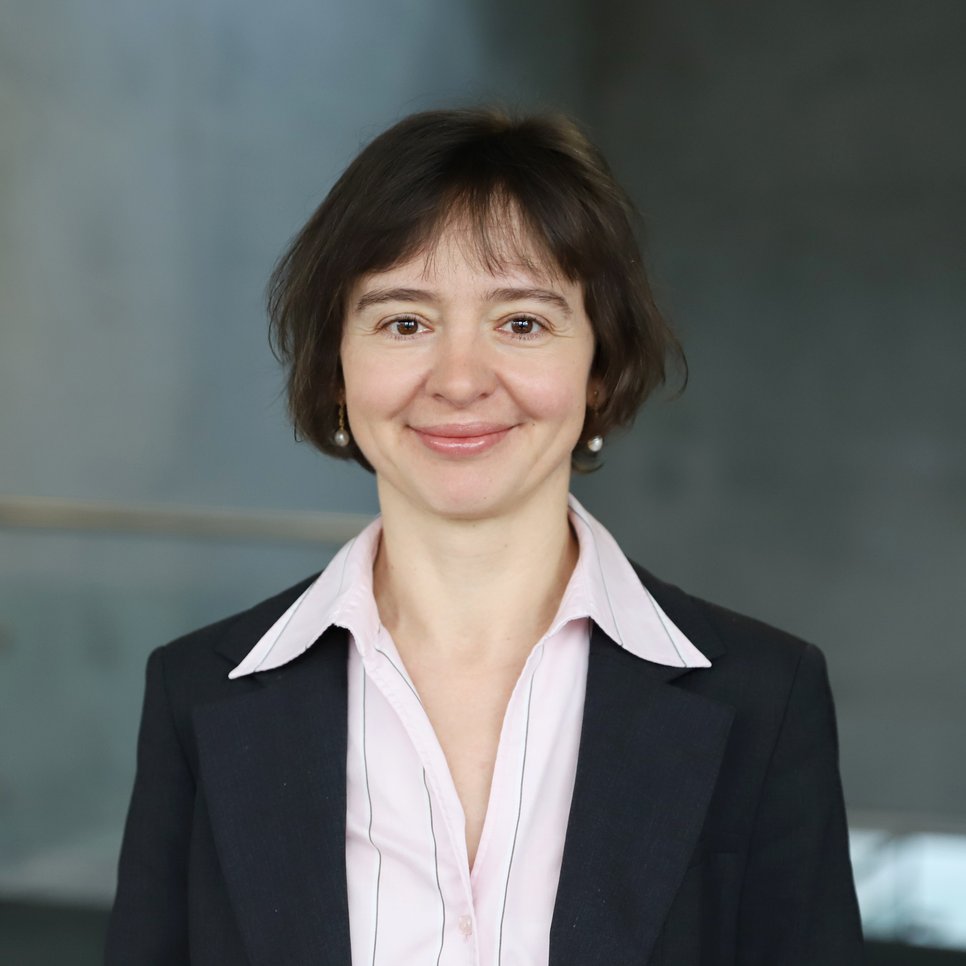
I am currently working on the influence of the digital revolution on private law. How does private law respond to the questions resulting from the increasing digitalization of the economy? The examination touches upon a wide range of subjects: encompassing topics ranging from blockchain and artificial intelligence to the inheritance of rights in respect of a social media account. It is not a purely academic project and is instead primarily a didactic project. The project is being presented as a supplementary offering for law students and is being made available in digital video format in light of the Corona pandemic. In this way, legal education is enriched with new areas of inquiry, and future lawyers are better prepared for the problems they will surely face in their professional lives.
